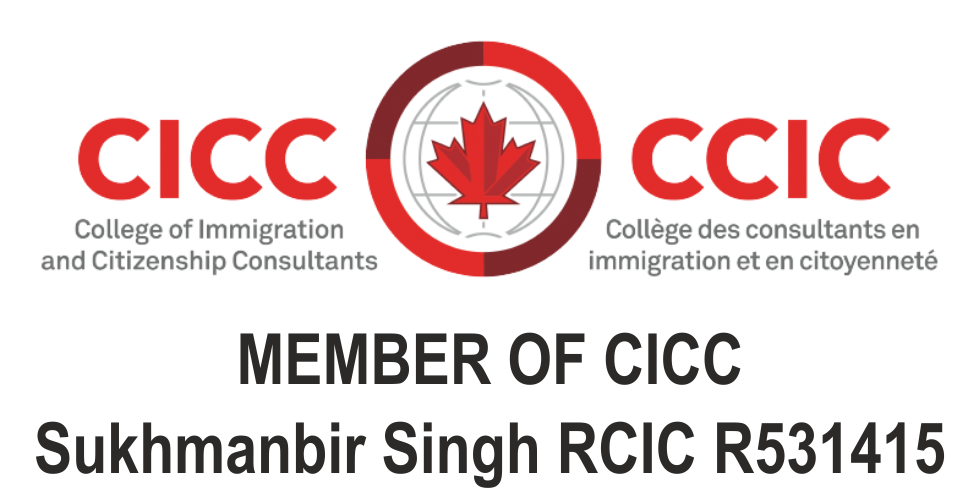Faqs

Welcome Looking for Help?
There are many variations of passages the majority have alteration in some. Nam hendrerit elit vel urna congue.
Still have Questions? Call Now!
Have Question?
Free +1 780-965-0000
What is the Express Entry Program?
The Express Entry Program is Canada's immigration system that manages applications for permanent residency under three main economic programs: the Federal Skilled Worker Program (FSWP), the Federal Skilled Trades Program (FSTP), and the Canadian Experience Class (CEC). Candidates who meet the eligibility criteria enter the Express Entry pool, where they are ranked based on a Comprehensive Ranking System (CRS) score, which considers factors like age, education, work experience, and language skills. Regular draws are held to invite the highest-ranking candidates to apply for permanent residency. If invited, applicants have 60 days to submit a complete application, which is typically processed within six months. The program aims to streamline the immigration process and attract skilled workers who can contribute to Canada's economy.
How to apply to the Express Entry Program?
To apply for the Express Entry Program, you first need to check your eligibility for one of the three programs it manages: the Federal Skilled Worker Program (FSWP), the Federal Skilled Trades Program (FSTP), or the Canadian Experience Class (CEC). If you’re eligible, you can create an online Express Entry profile, where you’ll provide details about your skills, work experience, language proficiency, and education. You’ll also need to take a language test and have your educational credentials assessed if your education was completed outside Canada. Once your profile is complete, you’ll be entered into the Express Entry pool and given a Comprehensive Ranking System (CRS) score, which determines your rank compared to other candidates. If your score is high enough, you may receive an Invitation to Apply (ITA) for permanent residency during one of the regular draws.
Upon receiving an ITA, you have 60 days to submit a complete application, including all necessary documents, such as police certificates, medical exams, and proof of funds. The application is usually processed within six months, after which, if approved, you’ll receive a Confirmation of Permanent Residence (COPR) and, if applicable, a permanent resident visa. You can then move to Canada and complete the landing process to become a permanent resident.
Is Language important to immigrate to Canada?
Yes, language proficiency is crucial for immigrating to Canada, especially through the Express Entry Program and other immigration pathways. The ability to communicate effectively in English or French, Canada’s two official languages, is a key factor that the Canadian government considers when assessing immigration applications. In the Express Entry Program, your language proficiency significantly impacts your Comprehensive Ranking System (CRS) score, which determines your ranking compared to other candidates in the pool. Higher language test scores can boost your overall CRS score, increasing your chances of receiving an Invitation to Apply (ITA) for permanent residency
Can my family be included to come to Canada?
Yes, your family can be included in your immigration application to come to Canada. When you apply for permanent residency through programs like the Express Entry Program, you can include your immediate family members, such as your spouse or common-law partner and dependent children, in your application. If your application is approved, your family members will also receive permanent residency, allowing them to live, work, and study in Canada.
Your spouse or partner's language proficiency, education, and work experience can also contribute to your overall Comprehensive Ranking System (CRS) score, which may enhance your chances of being selected. Additionally, Canada has a family sponsorship program that allows permanent residents and citizens to sponsor other family members, such as parents and grandparents, to come to Canada. Including your family in your immigration journey not only helps them relocate with you but also supports their integration into Canadian society, making the transition smoother for everyone.
What are the different programs available through Express Entry?
The Express Entry system in Canada manages applications for permanent residency under three main economic immigration programs:
1. Federal Skilled Worker Program (FSWP): This program is for skilled workers with foreign work experience who want to immigrate to Canada permanently. Eligibility is based on factors such as work experience, education, language proficiency, age, and adaptability. The FSWP is ideal for professionals and skilled workers who have qualifications and experience in their field.
2. Federal Skilled Trades Program (FSTP): This program is designed for skilled workers who want to become permanent residents based on being qualified in a skilled trade. It focuses on workers in specific trade occupations, such as industrial, electrical, and construction trades, or chefs and cooks. Candidates must have a job offer or a certificate of qualification from a Canadian authority to be eligible.
3. Canadian Experience Class (CEC): This program is for skilled workers who have Canadian work experience and want to become permanent residents. It is tailored for individuals who have already spent time working in Canada under a temporary work permit. The CEC is often pursued by international students who have graduated and gained work experience in Canada, as well as temporary foreign workers.
What is CRS?
The Comprehensive Ranking System (CRS) is a points-based system used in Canada's Express Entry Program to rank candidates for permanent residency. It scores applicants out of 1,200 points based on factors like age, education, language skills, work experience, and additional factors such as a job offer or provincial nomination. A higher CRS score increases the chances of receiving an Invitation to Apply (ITA) for permanent residency during regular draws conducted by Canadian immigration authorities. The CRS helps identify candidates most likely to succeed in Canada.
Is my age important to immigrate to Canada?
Yes, your age is an important factor in immigrating to Canada, especially under the Express Entry Program. The Comprehensive Ranking System (CRS) awards points based on age, with younger candidates generally receiving higher scores. This is because younger individuals are considered to have a longer potential working life, which can contribute to their success in Canada’s labor market. In the CRS, candidates typically receive the maximum points for age if they are between 20 and 29 years old. Points gradually decrease for candidates older than 29. Age is one of several factors considered in the CRS, alongside education, language proficiency, and work experience. While age is important, other factors can also significantly influence your overall score and eligibility for permanent residency.





